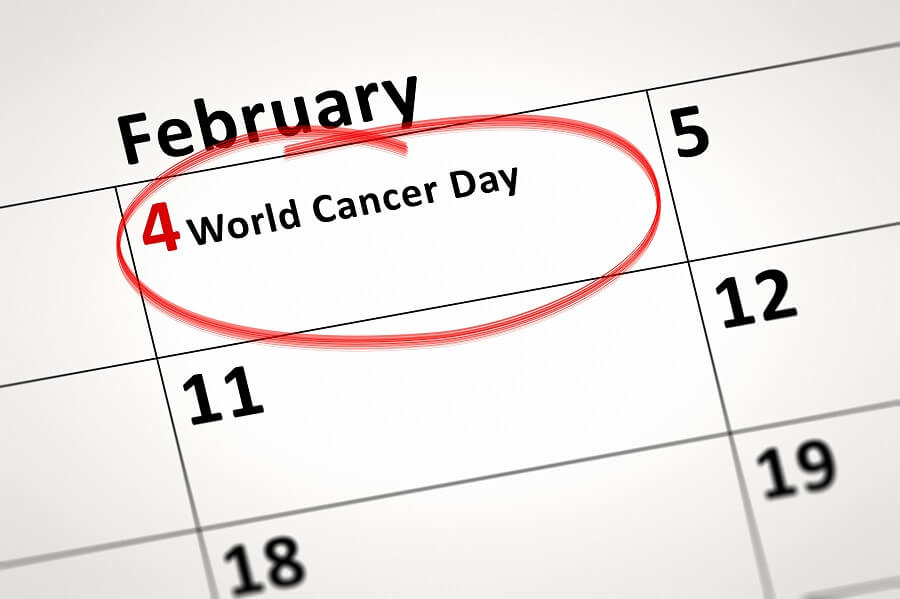“There is a need for tailored training strategies to support vulnerable customers facing a cancer diagnosis.”

Mark Guymer writes about the need for a more compassionate approach to meet the unique requirements of vulnerable customers with cancer
In this article, which was first published in Inside Housing Magazine on 31 July 2024, Mark Guymer CEO, Cancer Support UK, examines the critical challenges that organisations in the social housing sector encounter when supporting vulnerable customers with a cancer diagnosis. Mark sheds light on the pressing need for tailored training strategies and compassionate approaches to meet the unique requirements of these individuals.
Numbers of vulnerable customers in UK increasing
The number of vulnerable people in the UK, including those with a cancer diagnosis, is increasing. More than 3 million people currently live with cancer, while 47% of adults have vulnerability characteristics ¹.
In the UK 24.9 million people have characteristics of vulnerability ² – this number continues to increase. Of that 24.9 million, one in two people (12.45 million) will unfortunately receive a cancer diagnosis in their lifetime ³.
A vulnerable customer is defined by the Financial Conduct Authority (FCA) as: “someone who, due to their personal circumstances, is especially susceptible to harm, particularly when a firm is not acting with appropriate levels of care.”
Understanding how cancer contributes to vulnerability is key to improving outcomes in the social housing sector’s customer service provision.
Each year, around 392,000 people in the UK are diagnosed with cancer. That’s one person diagnosed with cancer at least every 90 seconds⁴.
According to NICE’s Changing Face of Vulnerability Survey (2024), less than 17% of UK consumers self-identified as vulnerable. Yet when assessed against the Financial Conduct Authority’s four drivers of vulnerability (health, life events, resilience and capability) as many as 67% could potentially be vulnerable. This includes people with a cancer diagnosis, which is classed as a disability under the Equality Act (2010), giving people important rights.
While providers of social housing have a responsibility to treat all customers decently and fairly, it is particularly important that they are aware of their duties towards vulnerable consumers.
The Regulator of Social Housing expects providers to understand and meet the diverse needs of tenants, including those arising from protected characteristics, language barriers and additional support needs.
In addition, any housing provider that offers financial advice or financial services is regulated by the FCA, which also provides clear guidance on the treatment of vulnerable customers.
With the ever-increasing number of people being diagnosed with cancer, it’s vital that vulnerable customers affected by cancer are assessed individually so that they receive appropriate support for their circumstances, whether that relates to physical health issues or financial needs.
Macmillan’s In the Balance Report reveals that of people living with cancer, only 11% have told their bank about their diagnosis. Of that 11%, 25% said that they still have to explain the details repeatedly to different people. This is something we have also heard from our own Cancer Coach participants, who have had to explain their situation multiple times within the same organisation, because no-one knows how to help them.
People are not comfortable discussing cancer or cancer treatments with customer service operatives who have little awareness or understanding of the complexity of their individual circumstances.
Vulnerable customers with cancer should not be penalised for their illness with poor service, neither should they be faced with inflexible policies that fail to take into account their changing needs.
There is clearly a widespread lack of understanding of cancer side effects, symptoms and the impact that cancer has on day-to-day living. The cumulative effect this has on a person’s emotional well-being and recovery is incalculable.
Customer service staff are also being failed by a lack of cancer-specific training. They need to feel confident when speaking with people impacted by cancer. Only by equipping them with the right knowledge, skills and tools will they be able to provide a better service and be more effective in dealing with customers. This means customers will be happy and more likely to return. This also makes the employee feel better.
When employers show they are striving to better understand and support people living with and beyond cancer, this not only improves the relationship with customers, but also internally with their staff.
NHBC identified a need for specialist training when frontline staff reported having difficulty talking to customers with cancer. Their own data revealed that, increasingly, health issues, such as cancer, were affecting their customers. Frontline colleagues lacked the knowledge to support these customers.
The solution? They are now using an effective bespoke training framework, created by Cancer Support UK, featuring NHBC-specific scenarios, as well as information about cancer, treatment options, side effects and skills such as active listening. They have also made available to all employees a vulnerable customer E-learning module.
The FCA expects organisations to be able to identify possible indicators of consumer vulnerability at the point of sale and during the servicing of financial products. It stresses that staff should have the right skills to meet those needs. A failure to have due regard to the vulnerability of customers can result in significant regulatory consequences for organisations.
The social housing sector needs to ensure that staff have sufficient knowledge about cancer and to be able to refer customers on to specialised support as appropriate. More flexible policies need to be developed to help people affected by cancer manage mortgage repayments and other credit commitments.
Only with appropriate specialist cancer training can customer service teams ensure fair treatment and achieve positive outcomes for both the customer and their organisation.
More information about cancer-specific vulnerable customer training is available at: www.cancersupportuk.org/training
Sources
¹ Financial Lives 2022 Survey
² Financial Lives 2022 Survey
³ Cancer statistics for the UK – Cancer Research UK
⁴ Cancer statistics in the UK – Macmillan Cancer Support
⁵ No small change report – Macmillan Cancer Support
⁶ Finalised guidance FG21/1 Guidance for firms on the fair treatment of vulnerable customers Feb 2021 – Financial Conduct Authority



